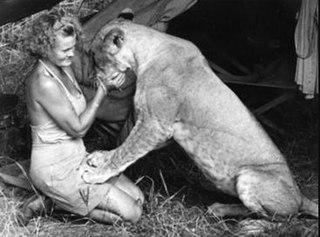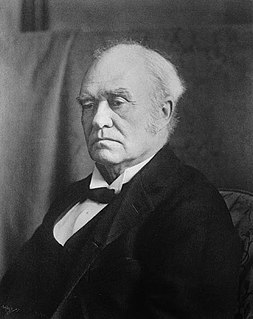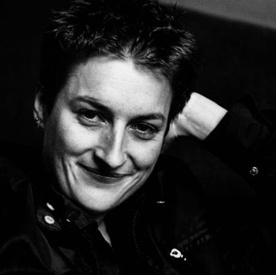A Quote by Charles Caleb Colton
Pride is less ashamed of being ignorant, than of being instructed, and she looks too high to find that, which very often lies beneath her.
Related Quotes
Why, i' faith, methinks she's too low for a high praise, too brown for a fair praise and too little for a great praise: only this commendation I can afford her, that were she other than she is, she were unhandsome; and being no other but as she is, I do not like her. (Benedick, from Much Ado About Nothing)
I don’t think I pity her. She doesn’t strike me as a girl that suggests compassion. I think I envy her... I don’t know whether she is a gifted being, but she is a clever girl, with a strong will and a high temper. She has no idea of being bored...Very pretty indeed; but I don’t insist upon that. It’s her general air of being someone in particular that strikes me.
Why should I blame her that she filled my days With misery, or that she would of late Have taught to ignorant men most violent ways, Or hurled the little streets upon the great, Had they but courage equal to desire? What could have made her peaceful with a mind That nobleness made simple as a fire, With beauty like a tightened bow, a kind That is not natural in an age like this Being high and solitary and most stern? Why, what could she have done, being what she is? Was there another Troy for her to burn?
Without willing it, I had gone from being ignorant of being ignorant to being aware of being aware. And the worst part of my awareness was that I didn't know what I was aware of. I knew I knew very little, but I was certain that the things I had yet to learn wouldn't be taught to me at George Washington High School.
The Woman had once been supreme; in France she still seemed potent, not merely as a sentiment but as a force; why was she unknownin America? for evidently America was ashamed of her, and she was ashamed of herself, otherwise they would not have strewn fig-leaves so profusely all over her. When she was a true force, she was ignorant of fig-leaves, but the monthly-magazine-made American female had not a feature that would have been recognized by Adam. The trait was notorious, and often humorous, but anyone brought up among Puritans knew that sex was sin. In any previous age, sex was strength.
Pride looks back upon its past deeds, and calculating with nicety what it has done, it commits itself to rest; whereas humility looks to that which is before, and discovering how much ground remains to be trodden, it is active and vigilant. Having gained one height, pride looks down with complacency on that which is beneath it; humility looks up to a higher and yet higher elevation. The one keeps us on this earth, which is congenial to its nature; the other directs our eye, and tends to lift us up to heaven.






































